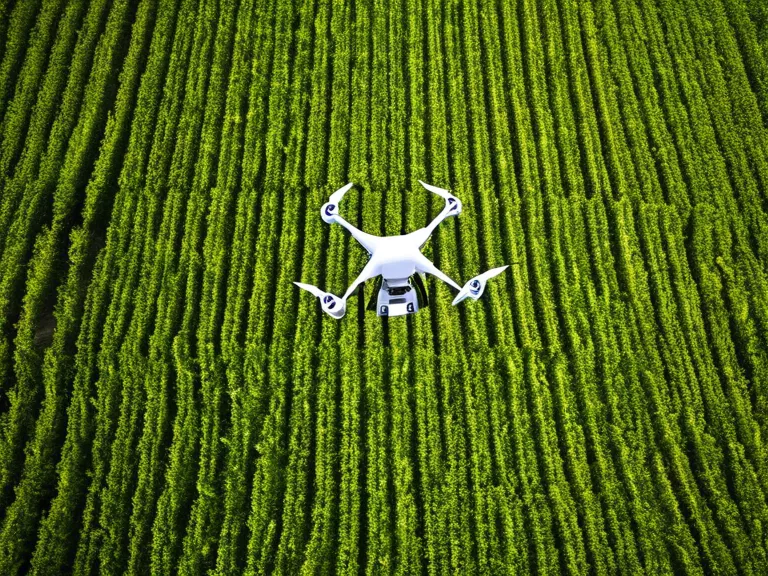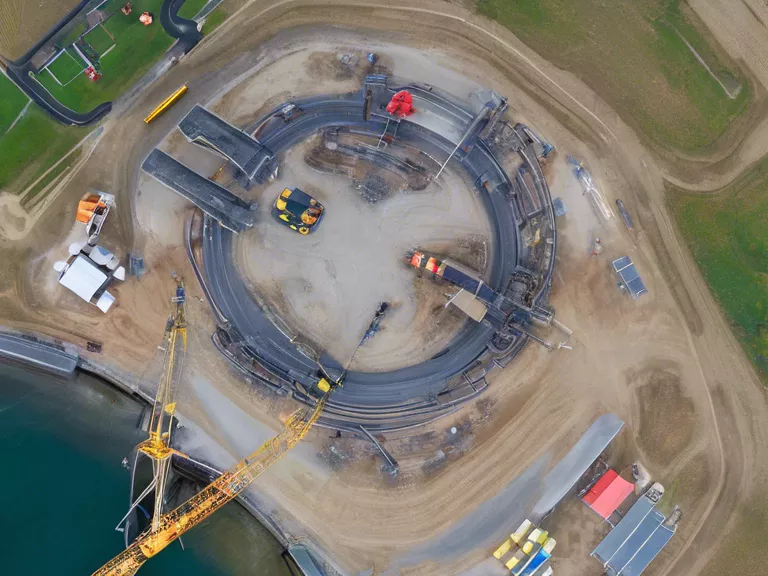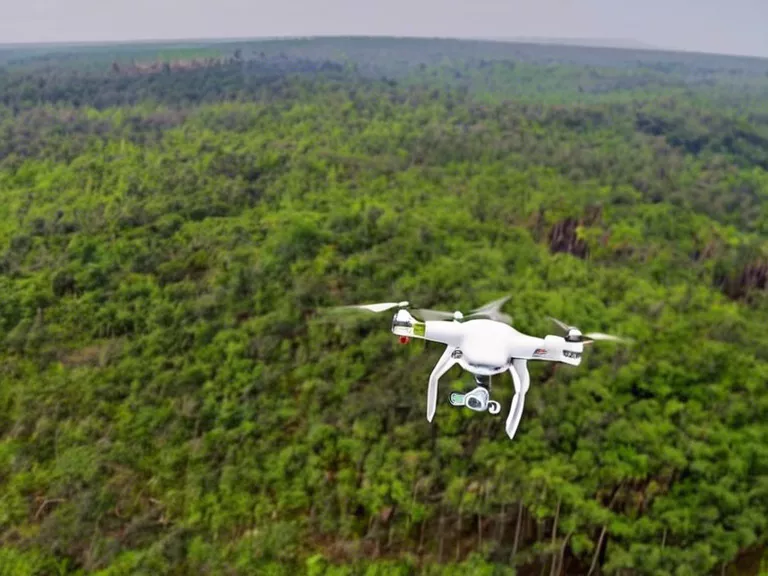
Drones have revolutionized the agricultural industry by offering innovative solutions to enhance farming efficiency. From monitoring crop health to applying fertilizer precisely, these unmanned aerial vehicles are transforming how farmers manage their fields. In this article, we will explore the various ways drones are being used in agriculture to improve farming practices.
One of the key benefits of using drones in agriculture is their ability to provide valuable insights into crop health. By deploying drones equipped with high-resolution cameras, farmers can capture detailed images of their fields. These images can then be used to identify areas of stress, pest infestation, or disease early on, allowing farmers to take proactive measures to prevent crop loss. With this information, farmers can make timely decisions and target specific areas for intervention, leading to better crop yields.
Moreover, drones can also be used to apply pesticides, herbicides, and fertilizers precisely. By utilizing GPS technology, drones can navigate through fields with precision and accuracy, ensuring that chemicals are sprayed only where needed. This targeted approach not only reduces the amount of chemicals used but also minimizes environmental impact. Additionally, drones can cover large areas in a short amount of time, making the application process more efficient and cost-effective for farmers.
In addition to monitoring crop health and applying chemicals, drones can also be used for crop mapping and analysis. By capturing data on plant height, density, and overall growth, drones can assist farmers in making informed decisions about planting strategies and irrigation management. This data can also be integrated with other precision agriculture technologies, such as GPS-guided tractors, to further optimize farming operations.
Overall, drones are proving to be a valuable tool for modern farmers looking to increase efficiency and productivity in their fields. By utilizing drones for crop monitoring, chemical applications, and data analysis, farmers can make informed decisions that lead to healthier crops and higher yields. As technology continues to advance, the role of drones in agriculture is only expected to grow, providing farmers with new opportunities to improve their farming practices.



